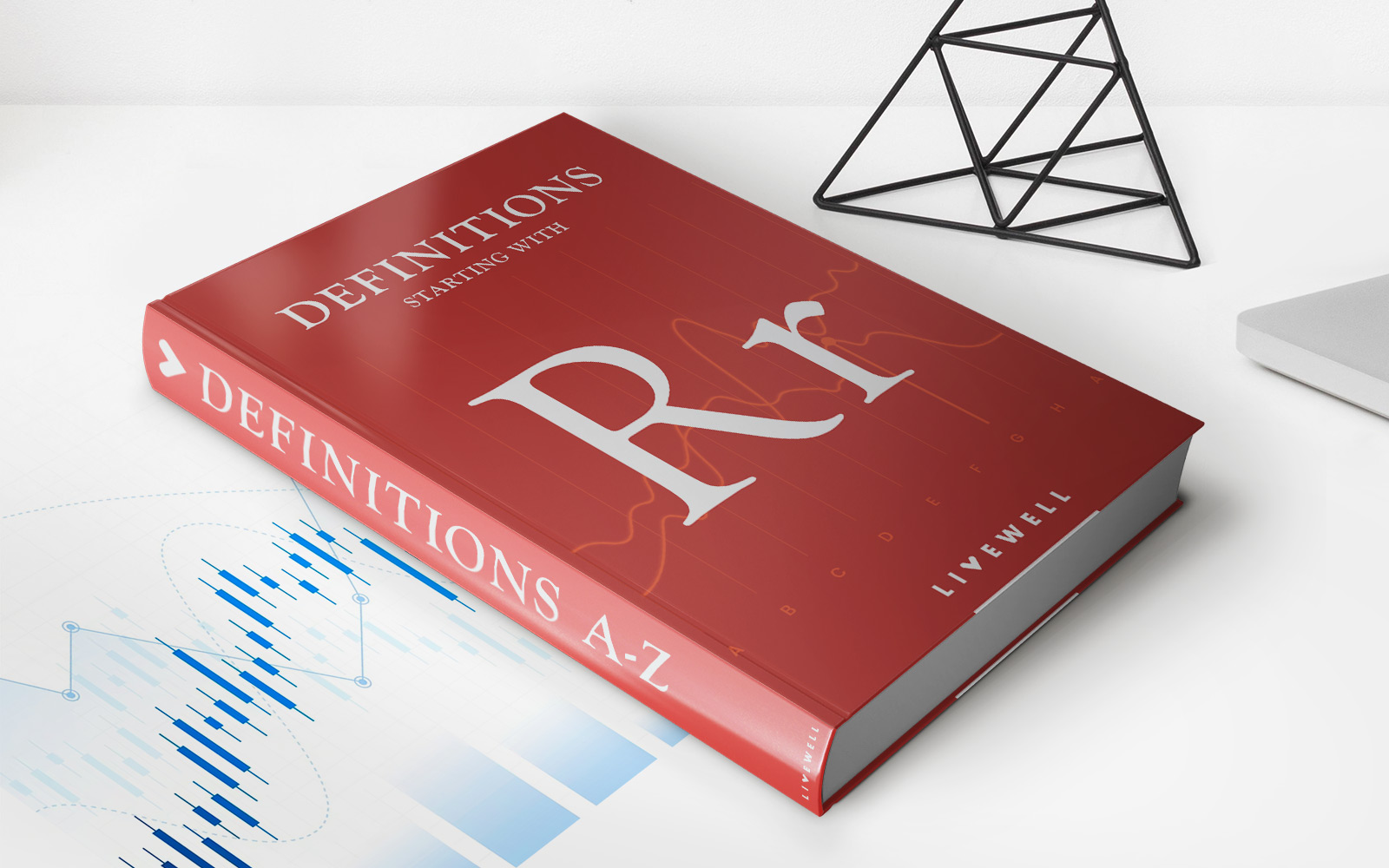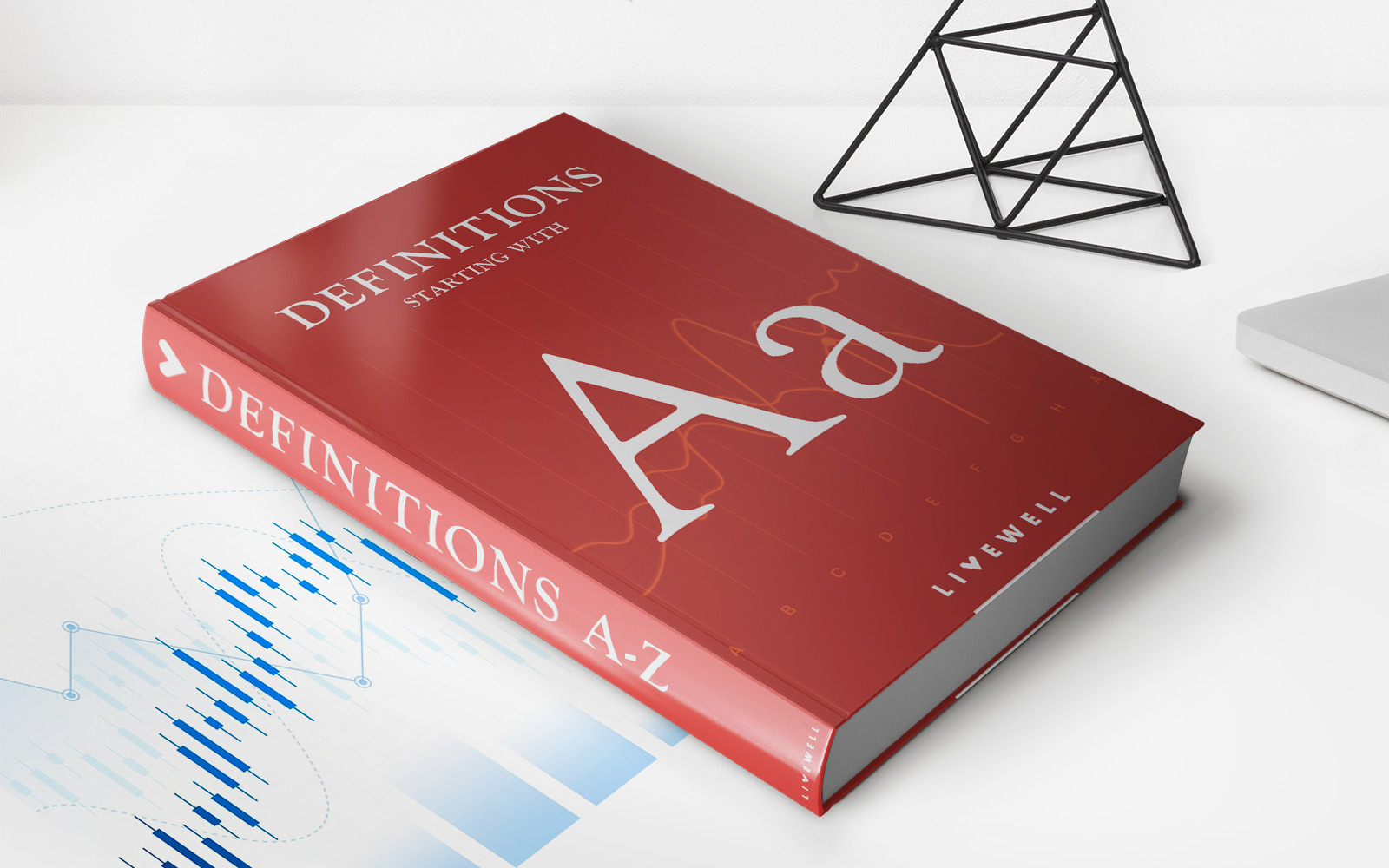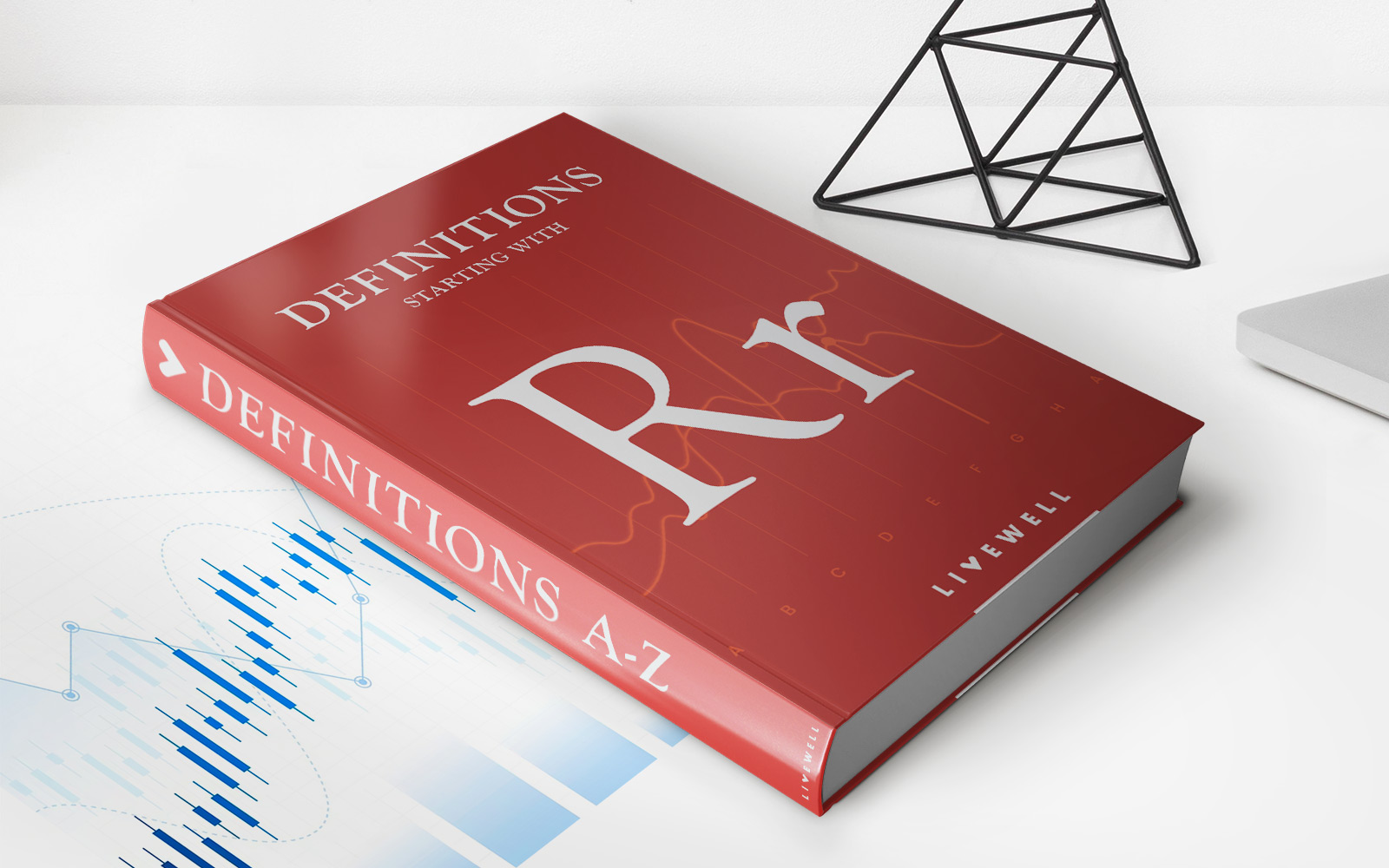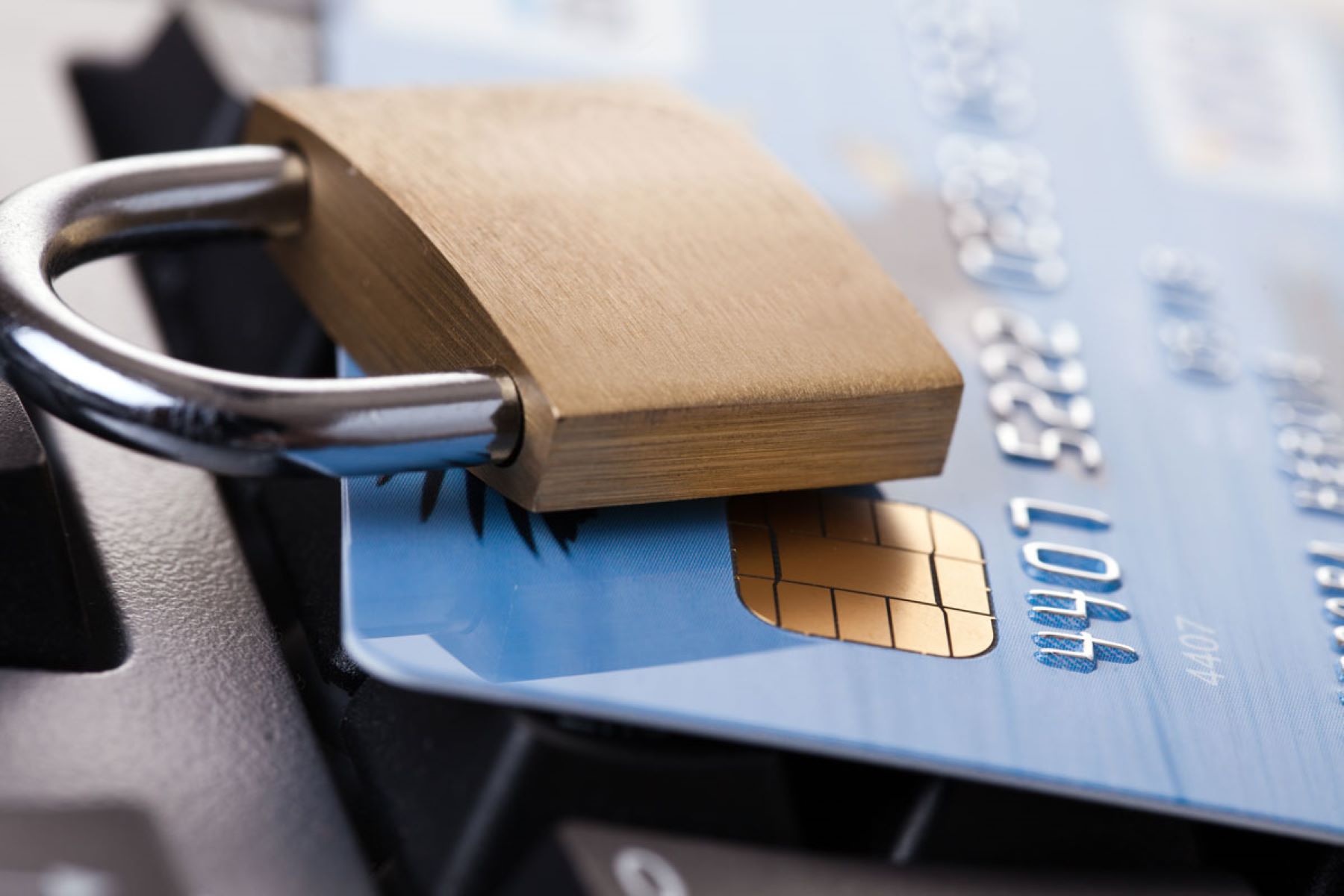

Finance
What Happens When You Don’t Pay Student Loans
Published: January 19, 2024
Learn what happens when you don't pay student loans and how it can affect your finances. Gain insights on the consequences and potential solutions to manage your student loan debt.
(Many of the links in this article redirect to a specific reviewed product. Your purchase of these products through affiliate links helps to generate commission for LiveWell, at no extra cost. Learn more)
Table of Contents
Introduction
Student loans have become an essential part of the higher education landscape, helping millions of students pursue their academic dreams. However, the reality is that not all borrowers are able to repay their loans on time. Whether due to financial struggles or other circumstances, falling behind on student loan payments can have serious consequences.
In this article, we will explore the various outcomes of failing to pay your student loans. From the impact on your credit score to the accumulation of interest and fees, we will delve into the potential legal repercussions and the collection methods employed by lenders. Additionally, we will discuss the available options for dealing with unpaid student loans.
It’s important to note that this article is not intended to provide legal advice. If you find yourself unable to pay your student loans, it is advised to consult with a professional who can guide you through the best course of action based on your specific circumstances.
Now, let’s dive into the consequences of not paying your student loans.
Consequences of Not Paying Student Loans
When you fail to make payments on your student loans, you expose yourself to a range of consequences that can have long-term implications. These consequences can affect various aspects of your financial life and may continue for many years if left unresolved.
One of the first and most immediate consequences of not paying student loans is the negative impact it has on your credit score. Your credit score is a reflection of your creditworthiness and plays a crucial role in your ability to secure future loans or obtain favorable interest rates. When you default on student loans, your credit score takes a hit, making it difficult to qualify for credit cards, car loans, or even a mortgage. Additionally, it can impact your ability to rent an apartment or get approved for a job that requires a credit check.
Another consequence of non-payment is the accumulation of interest and fees. Unpaid student loans continue to accrue interest and late fees, making the overall debt amount increase over time. This means that even if you are eventually able to start making payments, you will have a larger balance to pay off than the original loan amount. This can create a significant financial burden and prolong the time it takes to become debt-free.
Not paying your student loans can also lead to legal consequences. While this may not happen immediately, lenders have the option to take legal action against borrowers who default on their loans. This can result in wage garnishment, where a portion of your income is automatically deducted to repay the debt. Additionally, the lender may sue you, which can result in a court judgment against you and the possibility of having your assets seized in order to repay the debt.
Furthermore, lenders employ various collection methods to recoup the unpaid student loan debt. These methods can be not only persistent but also intrusive. They can include constant phone calls and letters, collection agency involvement, and negative reporting to credit bureaus. These collection efforts can cause significant stress and anxiety, as well as potential damage to your relationships and reputation.
Next, we will explore the available options for dealing with unpaid student loans, including repayment plans, loan consolidation, and loan forgiveness programs.
Impact on Credit Score
One of the most significant consequences of not paying your student loans is the negative impact it has on your credit score. Your credit score is a three-digit number that lenders use to evaluate your creditworthiness and assess the risk of lending to you.
When you consistently miss student loan payments or default on your loans, it is reported to the credit bureaus and reflected in your credit history. This can result in a lower credit score, which can have far-reaching effects on your financial life.
A lower credit score can make it challenging to obtain new loans or lines of credit. Lenders may see you as a higher risk borrower and either decline your application or charge you higher interest rates. This can make it more expensive to borrow money, whether for a car loan, mortgage, or credit card.
Moreover, a low credit score can impact other areas of your life. Landlords may be hesitant to rent to you if they see a poor credit history, making it difficult to find suitable housing. Additionally, employers in certain industries or for specific positions may run a credit check as part of the application process. A negative credit history can raise concerns about your financial responsibility and potentially hinder your chances of getting hired.
Another consequence of a lower credit score is the potential for higher insurance premiums. Insurance companies often consider credit scores when calculating rates for auto or home insurance. A poor credit score may lead to higher premiums, as insurers may view you as a higher risk.
It’s important to note that a negative credit score can take time and effort to rebuild. Late payments or default on student loans can stay on your credit report for seven years or more. This means that even after resolving your student loan debt, the impact on your credit score may still linger for a significant period.
Understanding the impact of not paying your student loans on your credit score is crucial for planning your financial future. It’s essential to prioritize making timely payments or explore repayment options available to you to avoid the long-term consequences of a damaged credit profile.
Accumulation of Interest and Fees
When you fail to pay your student loans, the debt doesn’t just go away. In fact, it continues to grow due to the accumulation of interest and fees. This can significantly increase the overall amount you owe, making it even more challenging to repay.
Student loans typically come with an interest rate, which is the cost of borrowing money. When you miss payments, interest continues to accrue on the outstanding balance. This means that the longer you go without making payments, the more interest you will owe.
In addition to interest, late payment fees and penalties may also be applied to your unpaid student loans. These fees can vary depending on the specific loan agreement and can quickly add up over time. Missing multiple payments or defaulting on your loans can result in substantial fees, further increasing your debt burden.
The accumulation of interest and fees can have a compounding effect on your student loan debt. As the balance increases, larger portions of your future payments may be allocated towards interest and fees rather than paying down the principal amount. This can extend the time it takes to repay the debt and increase the total amount of money you will ultimately pay back.
It’s crucial to be aware of the potential impact of accumulating interest and fees on your student loans. Ignoring your loan payments can lead to a much larger debt burden and prolong your journey to becoming debt-free. It’s advisable to take proactive steps to address your student loan situation, whether it’s through exploring repayment options, seeking loan forgiveness programs, or consulting with a financial professional to determine the best course of action.
Legal Consequences
When it comes to not paying your student loans, there can be legal consequences that you may face. While the specific legal actions taken can vary depending on the lender and jurisdiction, it’s important to understand the potential legal ramifications of defaulting on your loans.
One of the initial steps that lenders may take is to report your delinquent student loan payments to credit bureaus. This can negatively impact your credit score, as mentioned previously. A lower credit score can make it difficult to secure future loans or credit, and it can have a long-lasting impact on your financial well-being.
Additionally, lenders have the option to pursue legal action to collect on the unpaid student loan debt. This can involve taking you to court and obtaining a judgment against you. Once there is a judgment, the lender can utilize various methods to collect the debt.
One such method is wage garnishment, where a portion of your income is automatically deducted to repay the debt. Different states have different laws regarding the maximum portion that can be garnished, but this can still have a significant impact on your monthly budget and financial stability.
In some cases, lenders may also seek to seize your assets to satisfy the debt. This can include bank account levies or placing a lien on your property. Having your assets seized can be a distressing experience and can further complicate your financial situation.
It’s important to note that the legal implications of not paying student loans can vary depending on factors such as the type of loan, whether it is federally or privately held, and your state’s laws. Consulting with a legal professional who specializes in student loan debt can provide clarity and guidance based on your specific circumstances.
Understanding the potential legal consequences of not paying your student loans can serve as a motivator to address your debt situation and explore options for repayment or loan forgiveness. Taking proactive steps to address your student loan debt can help mitigate the risk of facing legal action and provide you with a path towards financial stability.
Collection Methods Employed by Lenders
When borrowers default on their student loans, lenders employ various methods to collect the unpaid debt. These collection methods can be persistent, intrusive, and at times, overwhelming for the borrower.
One of the most common collection methods is through phone calls and letters. Lenders will often try to reach out to borrowers to remind them of their outstanding debt and request payment. These communications can range from friendly reminders to more aggressive and stern notices.
If attempts to contact the borrower directly are unsuccessful, lenders may turn to collection agencies. These agencies specialize in debt recovery and may use more aggressive tactics to collect the unpaid student loan debt. They may employ frequent phone calls, automated voicemails, or even doorstep visits in an effort to collect the outstanding amount.
In addition to direct contact, lenders can also report delinquency and default to credit bureaus. This negative reporting can have a significant impact on the borrower’s credit score and make it difficult for them to secure future credit or loans. It’s essential to understand that late payments and defaults can stay on your credit report for several years, further affecting your ability to establish positive credit history.
Lenders may also choose to take legal action to collect the unpaid student loan debt. As mentioned in the previous section on legal consequences, this can involve lawsuits and, if successful, could result in wage garnishment or asset seizure to satisfy the debt.
It’s important to note that borrowers have certain rights and protections against abusive or harassing collection practices. The Fair Debt Collection Practices Act (FDCPA) sets guidelines that collection agencies must adhere to when collecting debts, including student loans. Familiarizing yourself with your rights and knowing what actions are prohibited can help you navigate the collection process and protect yourself.
If you find yourself facing aggressive collection methods or believe that your rights are being violated, it’s recommended to reach out to consumer protection agencies or consult with a legal professional who specializes in debt collection issues.
Understanding the collection methods employed by lenders can help borrowers be better prepared and informed. It’s crucial to stay proactive in managing your student loan debt and explore options for repayment, loan forgiveness, or deferment to avoid the hardship associated with aggressive collection efforts.
Options for Dealing with Unpaid Student Loans
If you find yourself struggling to repay your student loans or unable to make payments, there are various options available to help you manage the situation. It’s important to explore these options and find a solution that best fits your circumstances.
1. Repayment Plans: Most student loans offer different repayment plans, including income-driven plans. These plans adjust your monthly payments based on your income and family size, making them more affordable. Research and evaluate the different repayment plans to find one that aligns with your financial situation.
2. Loan Consolidation: Loan consolidation allows you to combine multiple student loans into one, simplifying your repayment process. It can also provide the opportunity to change repayment terms or select a different loan servicer. Consider the benefits and potential drawbacks of consolidation before deciding if it’s the right option for you.
3. Loan Forgiveness Programs: Some borrowers may qualify for loan forgiveness programs, such as Public Service Loan Forgiveness or Teacher Loan Forgiveness, which forgive a portion or all of their student loan debt. Research eligibility requirements and apply for these programs if you meet the criteria.
4. Deferment or Forbearance: If you are facing temporary financial hardship, you may be eligible for deferment or forbearance. These options allow you to temporarily pause or reduce your student loan payments. However, it’s important to note that interest may still accrue during this time.
5. Seek Professional Assistance: If you are unsure about the best course of action or need guidance, consider seeking help from a financial advisor or student loan counselor. These professionals can assess your situation, explore options, and provide advice tailored to your specific needs.
Remember, it’s crucial to communicate with your loan servicer to discuss your circumstances and explore available options. Ignoring your student loans will only exacerbate the situation and may lead to additional financial and legal consequences. Take proactive steps to tackle your student loan debt and find a solution that works for you.
Conclusion
Unpaid student loans can have serious consequences that can negatively impact your financial life. From the damaging effects on your credit score to the accumulation of interest and fees, not paying your student loans can create a significant burden. Furthermore, the legal consequences and collection methods employed by lenders can further complicate your situation.
However, it’s important to remember that there are options available to help you navigate through and resolve this challenge. Exploring repayment plans, loan consolidation, loan forgiveness programs, and deferment or forbearance can provide you with the flexibility and relief needed to manage your student loan debt.
It’s crucial to take proactive steps in addressing your unpaid student loans. Ignoring the problem will only exacerbate the financial and legal consequences. Communication with your loan servicer is key to understanding your options and finding a solution that fits your circumstances.
Remember, seeking professional assistance from financial advisors or student loan counselors can provide valuable guidance and support in managing your student loan debt.
Ultimately, by taking responsibility for your student loan obligations and exploring available options, you can pave the way towards financial stability and relieve the burden of unpaid student loans.
So, if you find yourself struggling with unpaid student loans, take action today and start working towards a brighter financial future.














